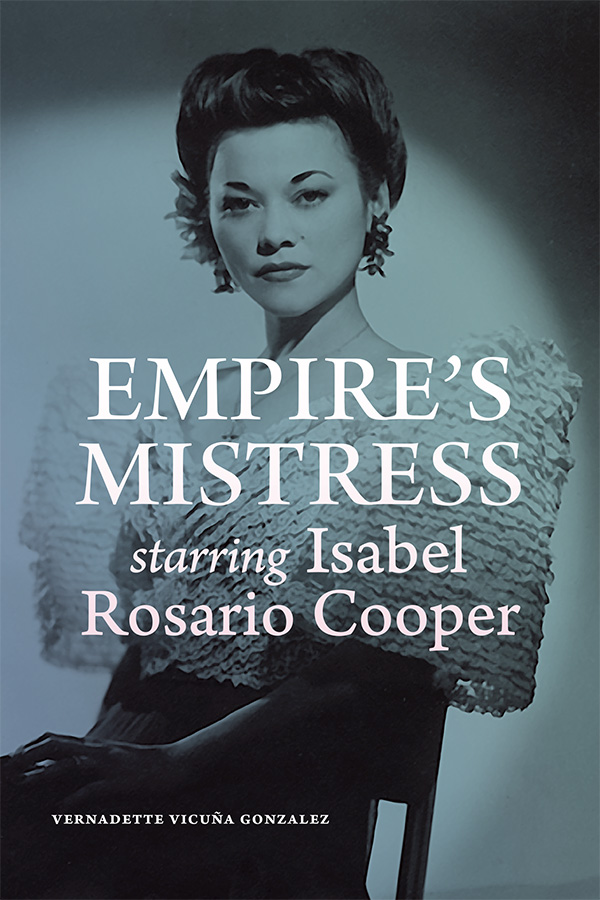Noah Flora: From page one of the book, you insist that “this is not a love story.” Let’s start there. Why that insistence?
Vernadette Gonzalez: Isabel Cooper was most infamous for being the mistress of a very famous man, a very powerful military leader. I wanted to dig deeper. The love story, the insistence on unrequited love, as the thing that defines her, just ran aground of so many things when I was doing the research. I’m always suspicious of love stories, because they exclude so much. They exclude violence. They exclude the kinds of structural inequities that had to have existed between a mixed-race woman who was much younger than this general, who had basically led the occupation of her country. So there was already this unequal structure of power that got in the way, for me, of the romance. That romance was hiding something. And the insistence of the attachment to the romance, I think, says a lot about what we might be attached to—in terms of storytelling, and in terms of memory and history.
NF: At multiple points in the book, we’re asked to consider how Isabel’s personal story maps on to the history of the United States’ imperial project in the Philippines writ large. Could you flesh out that connection?
VG: When people think of empire, it’s really easy to think about American military occupation, the violence of empire—those things that are easily identifiable as power enacted. One does not necessarily think about how soft power operates. So what I wanted to explore was how personal relationships—from people’s affairs or friendships or even feelings of competition—actually became the glue of imperial society. You see it playing out in the ways that certain people were assumed to be available to others, in the ways that certain people were assumed to be the ones who would serve others. You see it playing out in the different relationships that Isabel has over the course of her life, long after Philippine independence. You can see the ways in which empire continues to take on different shapes. You see it operating through Hollywood fantasies, you see it operating when Isabel is trying to navigate her life in the United States. It comes back to haunt her over and over again, because she is an Asian woman—a mixed-raced Asian woman—in a white supremacist country, navigating all that colonial baggage.
